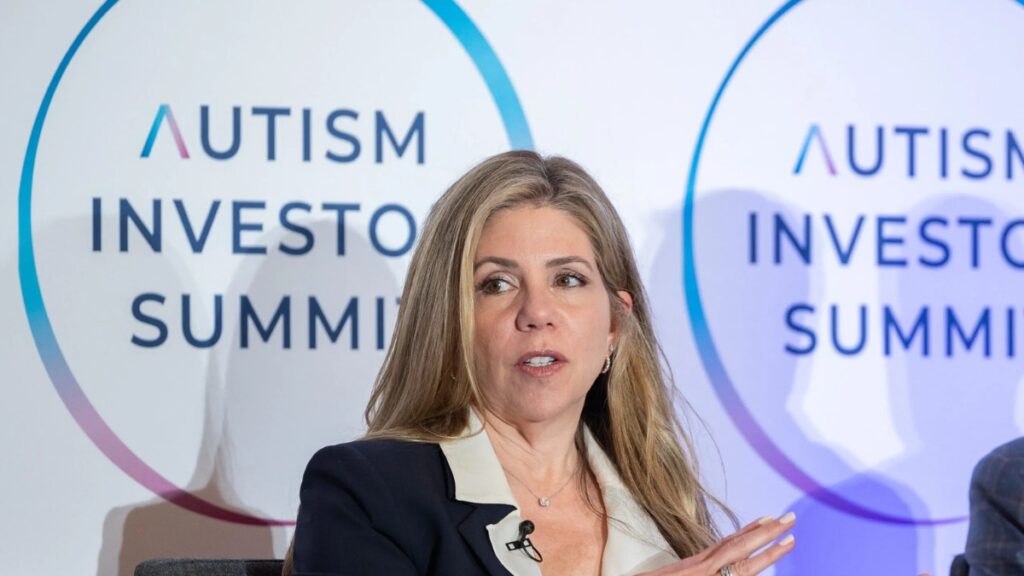Autism and Constant Talking: Causes and Solutions

Key Points: Does your child with autism talk nonstop about trains, dinosaurs, or their favorite show? This behavior, known as constant talking, is common in autism and often serves a purpose. By understanding its causes—like communication challenges or self-regulation—you can create strategies to support your child effectively. Let’s break it down. Autism Constant Talking: an […]
A Look at the Importance of Physical Therapy for Children with Autism

Children with autism spectrum disorder often experience comorbid conditions that can affect their development. One of the significant areas impacted by these conditions is motor skills. Understanding the common movement challenges faced by these children and the subsequent impact of motor impairments is crucial for parents and caregivers. Based on research, around 87% of individuals […]
Early Intervention & ABA in Miami-Dade County, Florida – A Must Read!

Early intervention can mean the difference between struggle and progress for many children on the autism spectrum. In Miami-Dade County, families have access to a variety of services—chief among them is Applied Behavior Analysis (ABA) therapy, which has consistently shown life-changing outcomes when started early. In this article, we’ll take a deep dive into how […]
Sensory-Friendly Theater Shows to Catch This Season in New Jersey

The magic of live theater should be a joy that everyone can experience, regardless of age, ability, or sensory needs. Fortunately, many theaters across New Jersey are stepping up to create inclusive environments where families and individuals who may be sensitive to loud sounds, bright lights, or large crowds can still enjoy a show. These […]
Bodycam Shows Florida Cop Rescuing Missing Child With Autism

CLEARWATER, Fla. (WFLA) — A tense situation in Florida had a fortunate ending after police released dramatic body camera footage showing the rescue of a missing 8-year-old girl with autism. The child had wandered away from her family while they were visiting Clearwater earlier this month, prompting an urgent search by law enforcement. Authorities were […]
What is Reactive Attachment Disorder in Children with Autism?

Reactive attachment disorder in children with autism presents a unique and complex challenge for families and caregivers. While autism affects how a child communicates and interacts with the world, reactive attachment disorder stems from early experiences of neglect or inconsistent caregiving, leading to difficulties in forming secure emotional bonds. Understanding how these two conditions intersect […]
Autism and Vision Problems in Children: Are They Related?

Many children with autism spectrum disorders face various vision issues that can complicate their condition. In a study conducted in Spain, 48.4% of 344 autistic children had refractive problems, with hyperopia (farsightedness) and astigmatism being the most prevalent conditions. Additionally, optic nerve abnormalities were identified in 4% of the participants, indicating potential underlying neurological concerns […]
7 Highly Effective Strategies for Teaching Dyslexic Students with Autism

When you’re working with a student who is both autistic and dyslexic, you’re not just teaching, you’re also decoding a unique communication style, adjusting for sensory sensitivities, and accommodating cognitive differences that affect everything from language to memory. This dual diagnosis presents distinct challenges, especially in academic environments that are usually built for neurotypical learners. […]
Early Intervention for Autism Strengthened Across Florida

The law will fill in the gaps in learning opportunities by offering an extra year of Early Steps and a specialized summer program. Gov. Ron DeSantis recently signed a major bill aimed at increasing early detection and intervention for children with autism. The legislation, widely praised by advocates and lawmakers alike, is designed to address […]
Autism Investment Trends in Florida: Risks and Real Opportunities

There’s no question that there is a massive demand for autism services. But it would be a mistake for investors to equate demand with easy profits. Over the last decade, private equity (PE) firms have increasingly set their sights on the autism care sector—particularly providers of applied behavior analysis (ABA) therapy and other related services. […]


